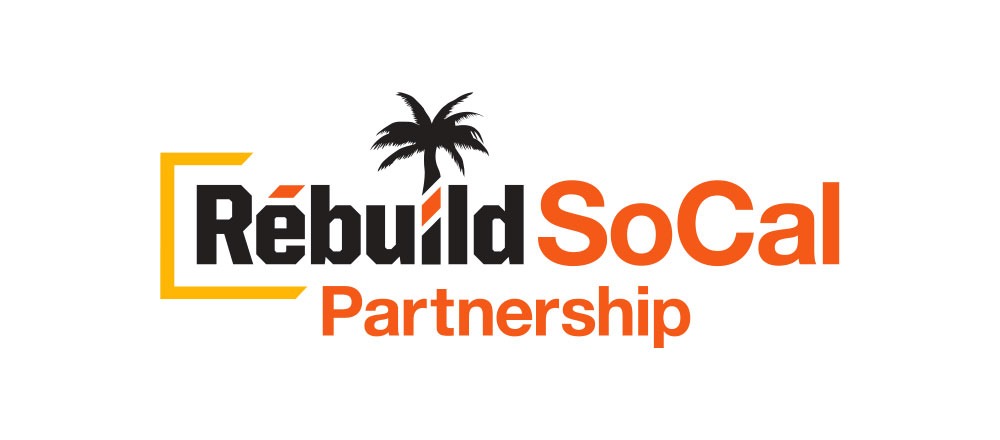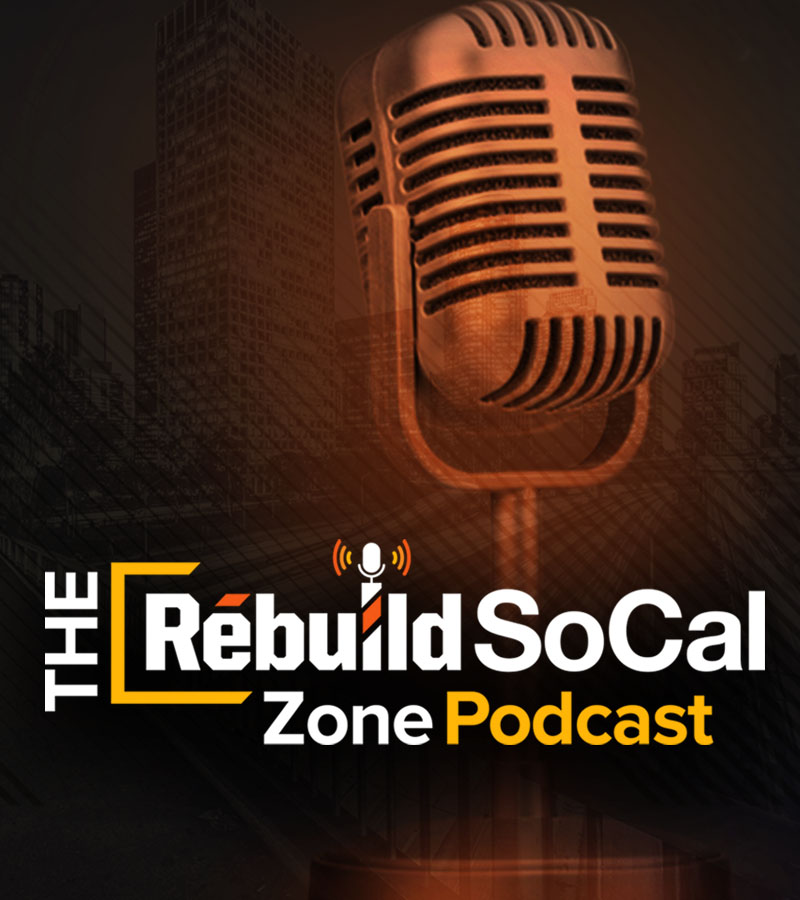California must take a balanced approach to transportation planning — investing in both roadways and transit — in order to meet equity and environmental goals as well as meet current and future demand.
California residents pay the highest gas tax in the country. While these funds are supposed to be dedicated to maintaining and improving our transportation infrastructure, our roads are perpetually congested, and we are nowhere near a state-of-the-art transit network.
Over-regulation and inefficient project delivery systems are often to blame for our failing infrastructure. But another significant reason is Sacramento’s focus on the reduction of vehicle miles traveled (VMT) over highway capacity enhancement projects.
In theory, fewer miles traveled would mean less wear and tear on roads and less need for improvements or repairs. However, in California, the disappointing reality is there are no practical alternatives to roads or freeways. Transit systems take forever to build and don’t go where we need them to go. And for many working families, cars provide greater
mobility flexibility and access to job opportunities and affordable housing.
In Los Angeles County specifically, the abandonment of highway capacity projects, which was suggested in a recent opinion piece, would result in even more congestion, idling cars and trucks, good movement delays, and ultimately more pollution and greenhouse gas emissions that increase global warming.
Local and statewide transit agencies and policymakers must continue to move forward with thoughtfully planned capacity enhancements that reduce both congestion and emissions while a more carefully planned transition to new modes of transportation is developed.
Keep up-to-date on essential infrastructure issues by signing up for the Rebuild SoCal Partnership newsletter. Follow us on Facebook, Twitter, and Instagram, and listen to The Rebuild SoCal Zone podcast.

